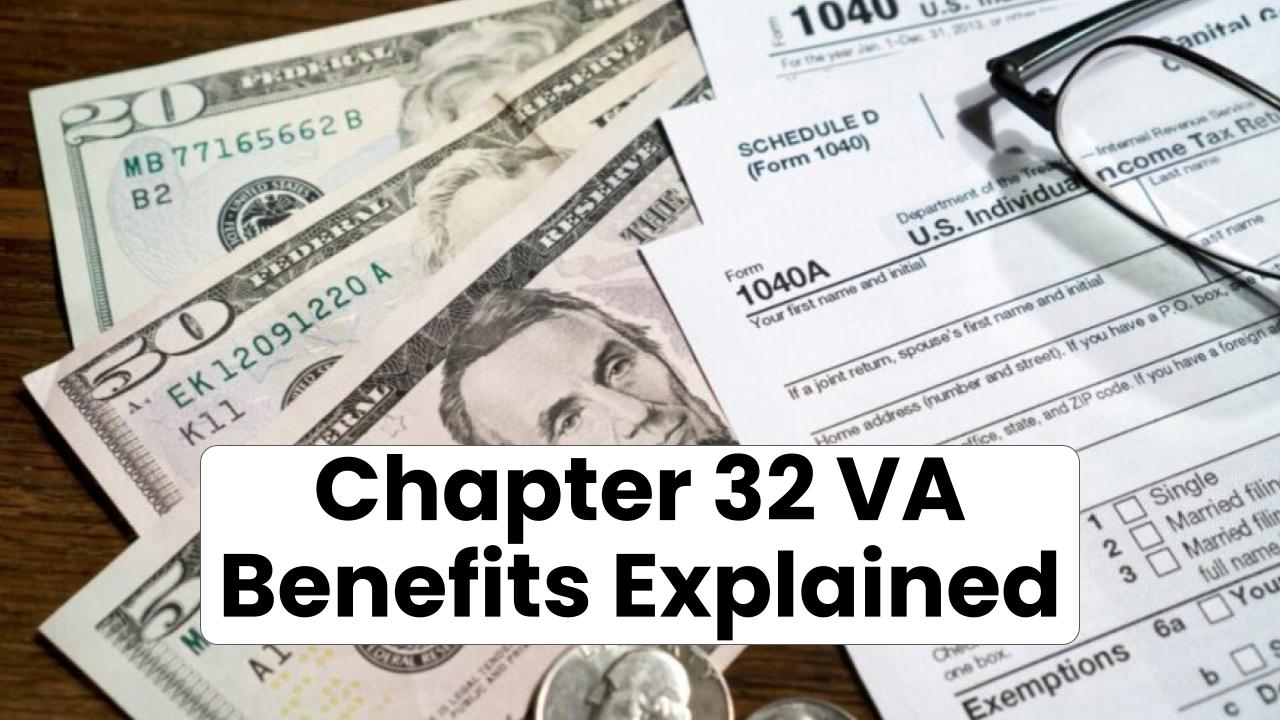In 2025, millions of older adults across the UK rely on Attendance Allowance (AA) to support their daily needs. However, despite its importance, there’s a simple mistake many claimants make that could cost them the entire benefit. Failing to report specific changes in their circumstances to the Department for Work and Pensions (DWP) is one of the most common pitfalls. It’s something that could cause the DWP to cut off payments, demand repayment, or even take legal action. If you’re receiving Attendance Allowance or thinking about applying, it’s critical to understand the rules and the potential consequences of overlooking small details.

But don’t panic! This article will guide you through everything you need to know, from the eligibility criteria and application process to changes in circumstances that must be reported to the DWP. We’ve broken it down in simple steps, so whether you’re new to Attendance Allowance or just need a refresher, this guide will help you keep your benefits flowing smoothly. Read on for the full lowdown on how to make sure you’re getting everything you deserve!
UK Attendance Allowance Points 2025
| Topic | Key Information |
|---|---|
| What is Attendance Allowance? | A financial benefit for older adults in the UK who need help with personal care due to illness or disability. |
| Eligibility | Claimants must be over the State Pension age (currently 66) and need assistance with daily living tasks. |
| Rates | Lower rate: £73.90/week, Higher rate: £110.40/week. |
| Crucial Pitfall | Failing to report changes in circumstances to the DWP can lead to loss of benefit or legal action. |
| How to Apply | Call 0800 731 0122 for a claim form or download it from the official GOV.UK website. |
| Common Mistakes to Avoid | Not updating DWP about changes in condition, living arrangements, or travel. |
| Resources for Assistance | Age UK, Citizens Advice, and other support organizations can assist with claims and updates. |
Attendance Allowance is an essential financial benefit for older adults who need extra help with daily living tasks. However, a small oversight—like failing to report changes in your circumstances—can lead to significant issues, including overpayment demands or even loss of benefits. It’s important to stay on top of the rules and keep the DWP informed.
By following the advice and steps outlined in this guide, you can ensure that your claim remains in good standing. Whether you’re applying for the first time or just need a refresher, the key is to stay diligent, honest, and proactive. Take the time to carefully complete your application, keep your circumstances updated, and seek help if needed.
Understanding Attendance Allowance: What It Is and Why It Matters
What Is Attendance Allowance?
Attendance Allowance (AA) is a benefit provided by the UK government to pensioners who need help with personal care due to illness or disability. The benefit is non-means-tested, meaning it isn’t based on your income or savings, and it is paid regardless of whether you are in work or not. If you are over the State Pension age (currently 66) and need assistance with daily living, you may be eligible for this benefit.
The amount you receive depends on how much help you need:
- Lower rate: If you need help during the day or at night, you can receive £73.90 per week.
- Higher rate: If you need help both day and night, or if you are terminally ill, you can receive £110.40 per week.
Why Is It Important?
Attendance Allowance isn’t just about getting extra cash. It can significantly improve the quality of life for people who struggle with basic tasks like dressing, bathing, cooking, or even moving around. The benefit can also provide access to other financial support, such as Pension Credit, Housing Benefit, and Council Tax reductions. Essentially, Attendance Allowance is designed to help individuals live more comfortably and independently.
The Crucial Detail: Reporting Changes in Your Circumstances
Why Reporting Changes Is Critical
One of the most important aspects of managing your Attendance Allowance is keeping the Department for Work and Pensions (DWP) up-to-date with any changes in your life. Even small changes can affect your eligibility or the amount of benefit you receive. Failing to report these changes can lead to severe consequences, including overpayments that you will need to repay, and in some cases, the DWP might take legal action.
What Changes Should You Report?
- Health improvements or deterioration: If your condition improves or worsens, you must inform the DWP, as this could affect the amount of help you need.
- Hospital or care home stays: If you enter or leave a hospital or care home, report this to the DWP, as it might impact your entitlement.
- Travel abroad: If you plan to travel abroad for more than four weeks, this could affect your benefits, so the DWP needs to know.
- Living arrangements: Changes in where or with whom you live can affect your claim, so always update the DWP if something changes.
- Treatment or health interventions: If you begin receiving a treatment that might affect your care needs, you should notify the DWP.
- Terminal illness: If your condition becomes terminal, it’s important to let the DWP know so they can adjust your benefits accordingly.
Remember, keeping your information updated ensures your benefits are accurate and prevents any potential overpayments or penalties down the line.
How to Apply for Attendance Allowance
Step-by-Step Application Process
Applying for Attendance Allowance is relatively simple, but it does require attention to detail. Here’s a step-by-step guide to help you through the process:
- Check Eligibility: Ensure you meet the eligibility criteria, which include being over State Pension age and needing help with personal care.
- Request the Claim Form: You can call 0800 731 0122 to request a claim form. Alternatively, you can download the form from the official GOV.UK website.
- Complete the Form: Fill out the form as thoroughly as possible. Provide detailed information about how your condition impacts your daily activities. If you need help completing the form, Age UK and Citizens Advice can offer guidance.
- Submit the Form: Send your completed form back to the DWP. Make sure to keep a copy for your records.
- Backdating Your Claim: If you request a claim form over the phone, your claim can be backdated to the date of your call, ensuring you don’t miss out on any potential payments.
Once your application is processed, the DWP will assess your eligibility and inform you of the decision.
Common Mistakes to Avoid
Even small mistakes can delay or jeopardize your Attendance Allowance claim. Here are some common pitfalls to watch out for:
- Underestimating Your Care Needs: When filling out your form, don’t downplay how much help you need. Be specific about the difficulties you face.
- Not Updating the DWP: As we mentioned earlier, failing to report changes in your circumstances is one of the most common reasons people lose their benefits. Always keep the DWP in the loop.
- Missing Deadlines: Don’t let deadlines pass unnoticed. Submit your forms and reports on time to avoid unnecessary delays.
- Overlooking the Impact of Travel: If you’re planning to travel abroad for more than four weeks, let the DWP know. Otherwise, you risk having your benefits suspended.
By avoiding these mistakes, you can ensure that your Attendance Allowance claim stays on track.
FAQs
1. Can I receive Attendance Allowance if I’m in a care home?
Yes, you can still receive Attendance Allowance if you’re in a care home, as long as your care needs meet the eligibility criteria. However, if the care home is providing your care for free, you might not be eligible.
2. How often is Attendance Allowance paid?
Attendance Allowance is paid every week and can be received either through bank transfer or by cheque.
3. Can I apply for Attendance Allowance if I have a disability but am under 66?
No, Attendance Allowance is only available to individuals who are over State Pension age (currently 66). If you’re under 66, you may qualify for Personal Independence Payment (PIP) instead.








